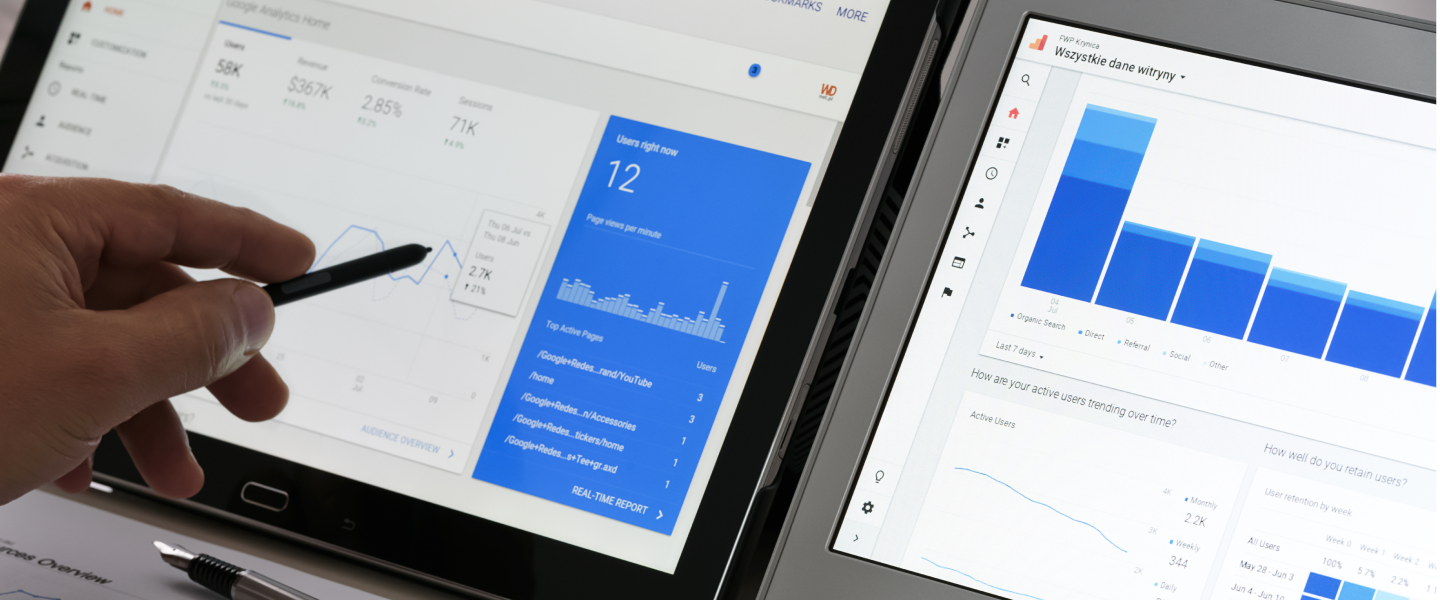About
Data engineering is a critical component of any data-driven business. In the retail industry, where Sakha’s client is a Fortune 150 American chain of high-end department stores founded in 1858, customer loyalty data is particularly important as it can be used to inform marketing and customer retention strategies. However, the client used to rely on hand-coded data engineering framework, which was time-consuming and difficult to manage.
The Challenge
Hand-coded customer loyalty data engineering frameworks are often inflexible, difficult to maintain, and can be prone to errors. This can result in delays in data processing, incomplete or inaccurate data, and a lack of visibility into the data pipeline. This can impact business operations, customer loyalty, and overall revenue. The client partnered with Sakha to develop an end-to-end, manageable data pipeline model powered by machine learning (ML).
Solution
An end-to-end, manageable data pipeline model powered by machine learning (ML) helped address the client’s problems by automating the data engineering process and improving the quality and accuracy of customer loyalty data. Sakha’s solution included features such as:
- Automated data extraction and ingestion: The solution was designed to automatically extract data from various sources, including transactional data, customer demographic data, and loyalty program data. This eliminates the need for manual data entry and ensures that all relevant data is captured.
- Machine learning-powered data cleaning and normalization: The solution used ML algorithms to automatically clean and normalize the data, ensuring that it is accurate and consistent across all sources. This reduces the risk of errors and ensures that the data is usable for analysis.
- Flexible data modeling: The solution was designed to accommodate different data models, allowing for the analysis of various customer loyalty metrics such as purchase frequency, purchase value, and customer lifetime value. This provides a more complete picture of customer behaviour and helps inform marketing and customer retention strategies.
- Customizable data pipelines: The solution was designed to allow for customization of the data pipeline, enabling business users to modify the data flows and analysis as needed. This provides greater flexibility and agility in responding to changing business needs.
- Automated reporting and visualization: The solution was designed to automatically generate reports and visualizations, allowing business users to quickly and easily understand and interpret the data. This helps inform business decisions and identify areas for improvement.
- Improved data quality and accuracy: The solution helps eliminate errors and ensures that customer loyalty data is accurate and consistent, improving the quality of analysis and insights.
- Greater efficiency and productivity: It automates the data engineering process, freeing up valuable time for data analysts and other business users to focus on analysis and interpretation of the data.
- Greater visibility into the data pipeline: The solution provides greater visibility into the data pipeline, enabling business users to identify bottlenecks and areas for improvement.
- Improved customer loyalty and revenue: The solution helps inform marketing and customer retention strategies, resulting in increased customer loyalty and revenue over time.

